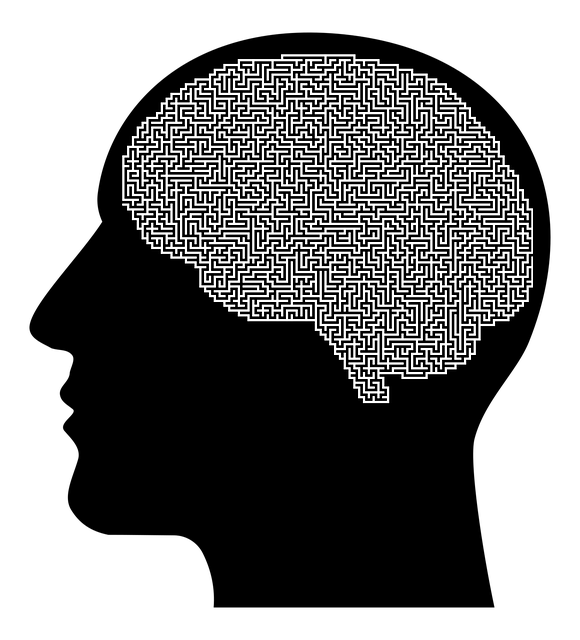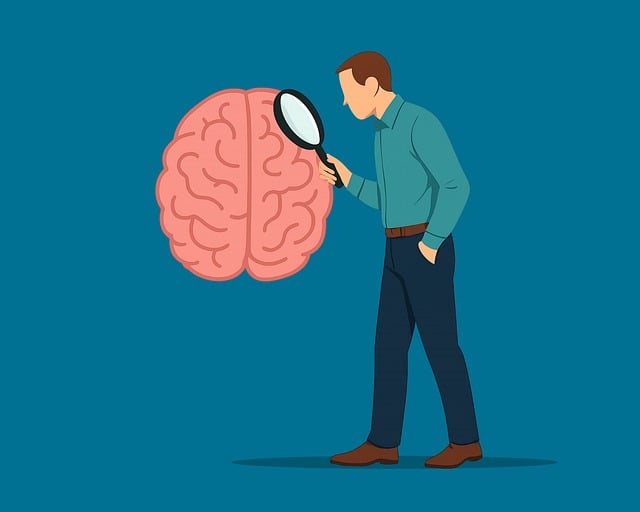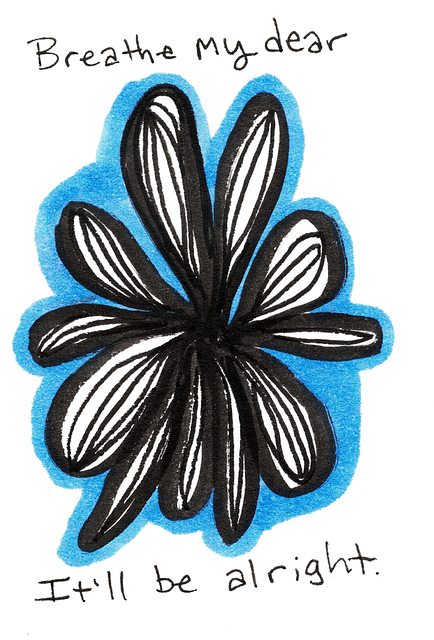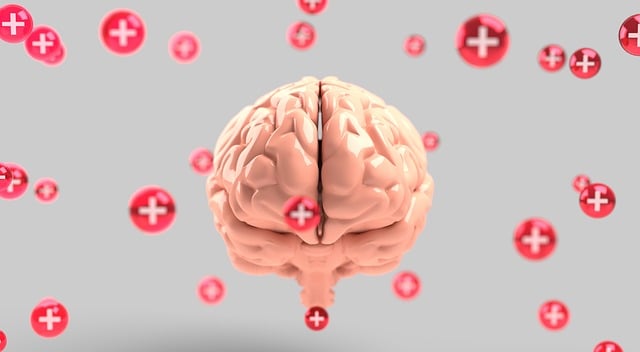Diagnosing mental illnesses accurately in Colorado Springs is challenged by complex human behavior and overlapping symptoms, especially with subtle or co-occurring conditions. Organizations like Colorado Springs Child Abuse Therapy prioritize precise diagnoses through continuous training for healthcare providers and innovative assessment tools, enabling tailored treatment plans and reducing stigma. They offer crisis guidance, promote Mental Health Awareness, and implement integrated depression prevention programs. Building a supportive community through reduced stigma, education, and sensitive practices is crucial for improving mental health diagnosis and outcomes in Colorado Springs.
Mental illness diagnosis accuracy is paramount for effective treatment. However, challenges like symptom overlap and stigma impede precise assessments, especially in children. This article explores efforts to improve diagnostic accuracy, focusing on innovative techniques and supportive communities. We delve into the successful practices of Colorado Springs Child Abuse Therapy, emphasizing early intervention as a game-changer. By understanding these approaches, we can enhance mental health care accessibility and outcomes for all.
- Understanding the Challenges of Mental Illness Diagnosis Accuracy
- Colorado Springs Child Abuse Therapy: A Focus on Early Intervention
- Innovative Approaches to Enhance Diagnostic Techniques
- Building a Supportive Community for Accurate Assessments and Treatment
Understanding the Challenges of Mental Illness Diagnosis Accuracy

Diagnosing mental illnesses accurately is a complex task due to the multifaceted nature of human behavior and emotions. The process often involves subjective assessments, where healthcare professionals rely on interviews, observations, and self-reported symptoms. This can lead to challenges, especially when dealing with subtle or co-occurring conditions. In many cases, individuals may present with diverse symptoms that overlap, making it difficult to pinpoint specific disorders. For instance, a child experiencing anxiety might exhibit behaviors similar to those observed in trauma or depression.
Colorado Springs Child Abuse Therapy highlights the urgency of precise diagnosis. Accurate identification enables tailored treatment plans, which are crucial for effective mental health care. Mental illness stigma reduction efforts play a pivotal role in this process by fostering an environment where individuals feel comfortable seeking help without fear of judgment. Additionally, addressing the challenge of diagnosis accuracy involves continuous training for healthcare providers to stay updated on the latest research and treatment modalities, thereby enhancing their ability to recognize complex presentations and differentiate between various mental health conditions, including anxiety relief and depression prevention strategies.
Colorado Springs Child Abuse Therapy: A Focus on Early Intervention

In Colorado Springs, early intervention plays a pivotal role in enhancing mental health outcomes for children and adolescents experiencing abuse or trauma. Organizations like Colorado Springs Child Abuse Therapy are dedicated to providing crisis intervention guidance tailored to the unique needs of young individuals. By prioritizing Mental Health Awareness, these therapy services offer safe spaces where kids can express their emotions, cultivate positive thinking, and begin their journey towards healing.
Through innovative approaches, professionals in Colorado Springs Child Abuse Therapy aim to break down the barriers that often prevent children from seeking help. They understand that early identification of mental health issues is crucial, allowing for timely interventions that can prevent long-term trauma and shape a brighter future. By fostering Mental Health Awareness, these therapists not only support individuals but also educate communities on recognizing signs of abuse and promoting positive thinking in at-risk populations.
Innovative Approaches to Enhance Diagnostic Techniques

In the realm of mental health diagnosis, innovative approaches are constantly being developed to enhance accuracy and effectiveness. One such strategy gaining traction is integrating advanced assessment tools alongside traditional methods. For instance, social skills training can help professionals identify subtle cues and patterns indicative of specific disorders, improving diagnostic precision. Furthermore, risk management planning for mental health professionals plays a crucial role in ensuring these techniques are applied safely and ethically, benefiting patients like those seeking Colorado Springs child abuse therapy.
Additionally, depression prevention programs have been integrated into diagnostic workflows, focusing on early intervention to mitigate the impact of depressive disorders. These innovative practices, coupled with continuous training and research, aim to refine diagnosis techniques, especially for complex cases. By combining cutting-edge tools with specialized knowledge, mental health professionals can offer more personalized and effective treatments, ultimately improving patient outcomes, such as those engaging in Colorado Springs child abuse therapy services.
Building a Supportive Community for Accurate Assessments and Treatment

Building a supportive community is key to enhancing mental illness diagnosis accuracy and promoting effective treatment. In cities like Colorado Springs, where resources for Child Abuse Therapy are readily accessible, fostering an environment of understanding and empathy can significantly impact care outcomes. This involves reducing the stigma surrounding mental health issues, encouraging open conversations about symptoms and experiences, and integrating comprehensive Mental Health Education Programs designed to educate both professionals and the general public.
Effective communication strategies play a pivotal role in this process. By breaking down barriers between individuals seeking help and healthcare providers, we can ensure accurate assessments. This includes training professionals on cultural sensitivity, active listening skills, and evidence-based assessment tools. Through collaborative efforts, Colorado Springs can create a network that supports accurate diagnoses, personalized treatments, and ultimately, improved mental health outcomes for its residents.
Mental illness diagnosis accuracy is a complex issue that requires a multi-faceted approach. By focusing on early intervention, such as the innovative practices employed by Colorado Springs Child Abuse Therapy, we can significantly improve outcomes. Enhancing diagnostic techniques through cutting-edge research and building supportive communities that prioritize mental health are essential steps towards ensuring accurate assessments and effective treatment for all. Together, these efforts have the potential to revolutionize mental healthcare, fostering a healthier and more compassionate society.











